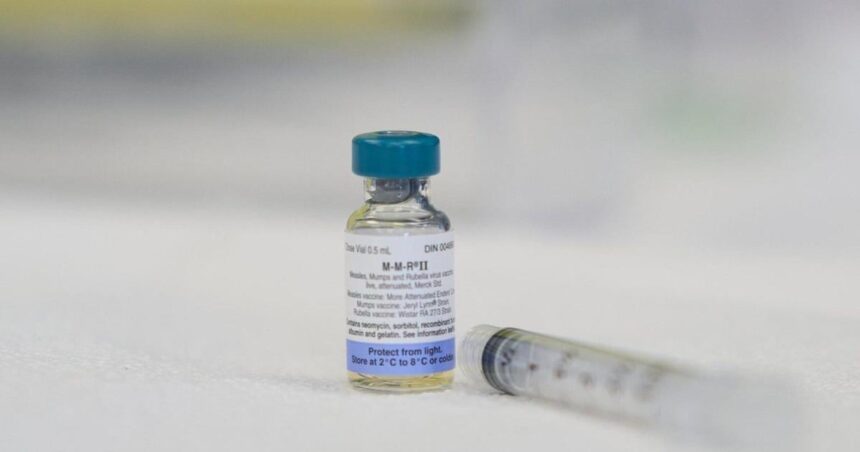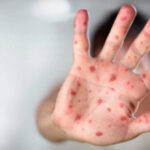In a concerning development for public health officials, British Columbia’s Interior Health Authority has confirmed additional measles cases in the southern interior region, raising alarms about the potential spread of this highly contagious disease. The new infections, identified in both Kelowna and Kamloops, mark a troubling expansion of what began as isolated cases earlier this month.
“We’re seeing the textbook definition of how quickly measles can spread through unvaccinated populations,” said Dr. Vanessa Thompson, Chief Medical Officer for Interior Health. “One infected person can transmit the virus to between 12 and 18 others in unprotected communities.”
The outbreak has prompted swift action from health authorities across the province, with vaccination clinics being established in affected communities. Officials have confirmed that most of the identified cases involve individuals who were either unvaccinated or had incomplete vaccination records, highlighting the critical importance of maintaining high immunization rates.
Measles, characterized by high fever, cough, runny nose, and a distinctive rash, can lead to serious complications including pneumonia, encephalitis, and in rare cases, death. What makes the virus particularly challenging to contain is its ability to remain airborne for up to two hours in enclosed spaces after an infected person has left the area.
“This outbreak should serve as a stark reminder that diseases we once thought were nearly eliminated can resurge when vaccination rates drop,” explained provincial health officer Dr. Aria Chen in a press statement. “The science is clear – the MMR vaccine is safe and remains our best defense against measles.”
The current outbreak has also sparked renewed debate in political circles about public health messaging and vaccine requirements for school attendance. Several legislators have called for a review of existing exemption policies, which currently allow parents to opt out of vaccinations for their children based on personal beliefs in addition to medical reasons.
Provincial data indicates that approximately 87 percent of children in British Columbia have received both recommended doses of the MMR (measles, mumps, rubella) vaccine by age seven – below the 95 percent threshold experts consider necessary for effective community protection.
Health officials are particularly concerned about potential economic impacts of a wider outbreak. According to business analysts, previous measles outbreaks in other regions have resulted in significant costs to healthcare systems and lost productivity due to illness and quarantine requirements.
Parents of children who may have been exposed are being contacted directly by health officials, while the general public is advised to verify their vaccination status and seek immediate medical attention if symptoms develop. Importantly, individuals suspecting measles infection are urged to call ahead before visiting medical facilities to prevent potential exposure to others.
“We expect to see more cases before this outbreak is contained,” warned Dr. Thompson. “But with proper public cooperation, we can limit its spread and protect our most vulnerable populations.”
As officials continue their containment efforts across the province, the question remains: will this outbreak serve as the catalyst needed to address vaccination hesitancy in British Columbia, or will we continue to see preventable diseases make unwelcome comebacks in our communities?











